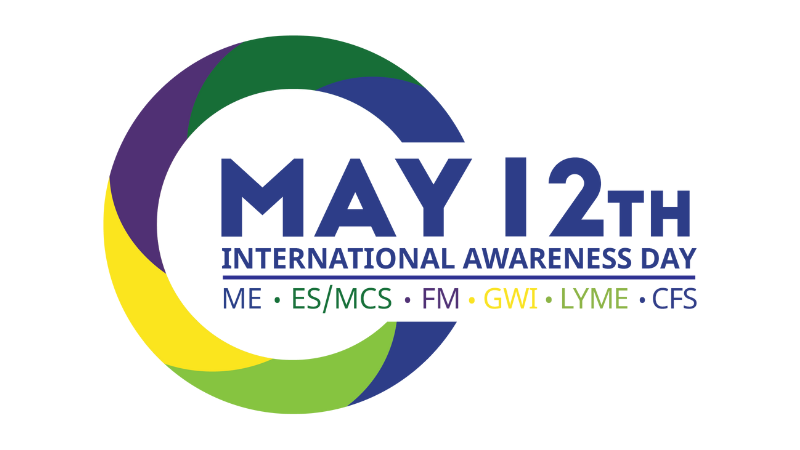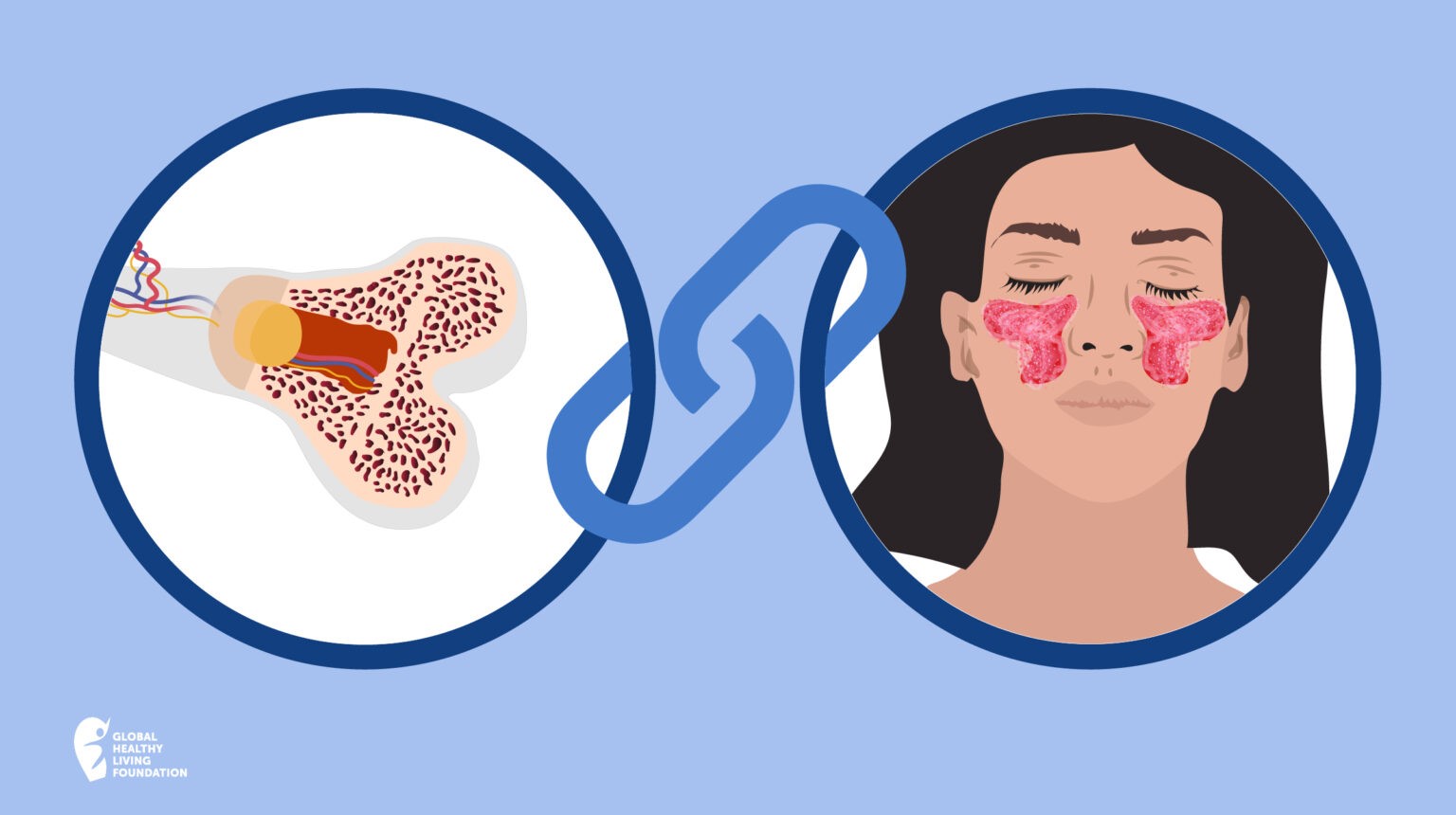Brisbane was the centre of much excitement in the global arthritis and medical communities this week following the commencement of a human clinical trial of a ground-breaking new treatment for rheumatoid arthritis. 1 & 2
The vaccine-style treatment, known as DEN-181, uses immunotherapy to treat the cause of this debilitating autoimmune disease instead of treating the subsequent inflammatory response.
Autoimmune conditions develop when the body’s immune system overreacts to a trigger or antigen (such as a viral infection) and starts to attack healthy cells as well. Genetics and environmental factors also play a role in the development of these conditions. Different autoimmune conditions attack different parts of the body causing inflammation and dysfunction. For example, multiple sclerosis (MS) attacks the nervous system, psoriasis attacks the skin cells, and type 1 diabetes attacks the pancreas. In rheumatoid arthritis, the immune system attacks the lining of the joints and can eventually lead to major joint damage.
Existing treatments for rheumatoid arthritis work by supressing the immune system response in various ways or by treating the resulting symptoms. Immunotherapy works by ‘switching off’ or neutralising the initial immune response to the triggering substance. The process works much like a vaccine, where a person is injected with a tiny amount of a virus such as the influenza virus in order to increase the body’s tolerance to it.
Immunotherapy has been used successfully in other areas like allergy treatments for years. In these cases, the person is injected with a minute amount of what they are allergic to in increasing doses over an extended period (sometimes years).
DEN-181 has been formulated to regulate the activated immune cells that cause the inflammation, pain, and joint damage in rheumatoid arthritis. If these cells are less active, these symptoms can be reduced significantly and the flow-on effects of the disease throughout the body can also be reduced. Also, by targeting specific cells instead of the whole immune system, this treatment will potentially be less toxic than existing treatments and will lower the person’s risk of developing major infections.
The treatment was discovered and developed by researchers, led by Professor Ranjeny Thomas, at the University of Queensland and commercialised by the UniQuest start-up company, Dendright Pty Ltd. DEN-181 will be administered as a single-dose injection in the trial and participants will be regularly and closely monitored for approximately 3 months following their injection.
In 2013, Dendright entered into a research and development collaboration and option-to-license agreement with US-based Janssen Biotech, Inc. for the exclusive worldwide right to develop and commercialise Dendright’s rheumatoid arthritis immunotherapy.
In 2017, Janssen extended its collaboration with Dendright and Arthritis Queensland agreed to also contribute funding to the clinical program. Arthritis Queensland is a not-for-profit organisation, providing education, information, and support services for Queensland children and adults living with arthritis. Arthritis Queensland also provides financial support for research into treatments, and ultimately a cure for the more than 100 forms of arthritis.
Patient trials at a clinical research facility at the Princess Alexandra Hospital in Brisbane began in early November 2017. Researchers are currently looking for volunteers for this phase 1b clinical trial. Enquiries regarding study criteria can be directed to joanne.tesiram@health.qld.gov.au.
1. Uniquest, 2017, Human trials begin for potential world-first rheumatoid arthritis treatment, viewed 16 November 2017
2. Australian New Zealand Clinical Trials Registry (ANZCTR), 2017, A clinical study to investigate the safety of DEN-181 in rheumatoid arthritis patients, viewed 16 November 2017




